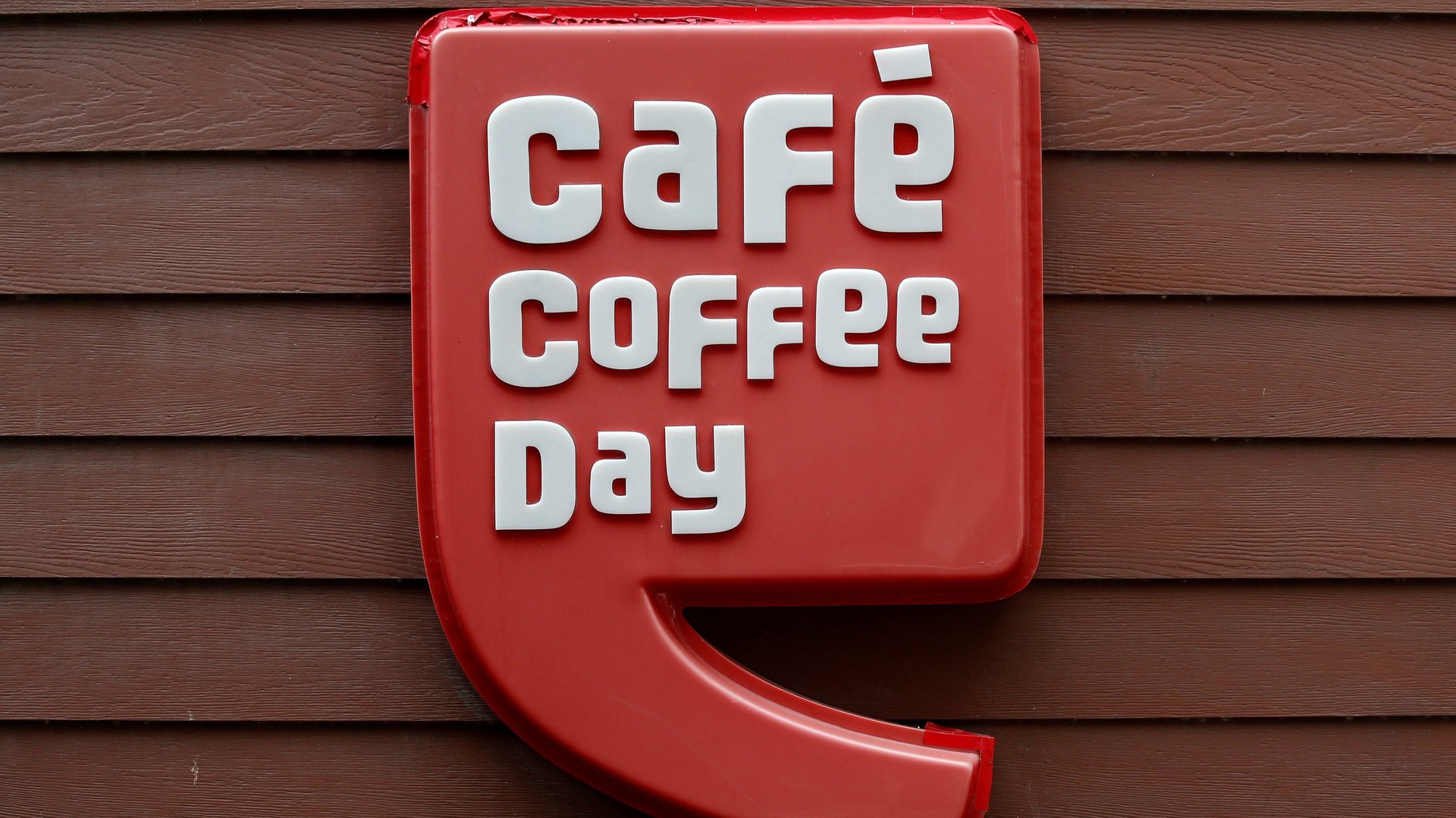VG Siddhartha’s death puts the spotlight on a serious crisis among Indian entrepreneurs
The death of coffee baron VG Siddhartha has left India’s entrepreneur community stunned, though it may not have been the first of its kind. The body of the founder of coffee chain Café Coffee Day (CCD) washed ashore yesterday (July 31) on the banks of a river in Karnataka.


The death of coffee baron VG Siddhartha has left India’s entrepreneur community stunned, though it may not have been the first of its kind. The body of the founder of coffee chain Café Coffee Day (CCD) washed ashore yesterday (July 31) on the banks of a river in Karnataka.
There’s been furious speculation around his demise—a fisherman apparently saw a man jump off the bridge, and a purported note from Siddhartha to shareholders suggests suicide. The son-in-law of former Karnataka chief minister SM Krishna was reportedly under pressure from regulators and tax authorities, and faced allegations of insider trading. However, the authenticity of the note still not clear and the probe has not concluded that it was a case of suicide. However, if it was, Siddhartha’s tragic end is a lesson in the trials and tribulations that India Inc’s entrepreneurs face. Many others before him have succumbed to such stresses.
June 2019: Forty-eight-year-old NRI businessman Sajan Parayil, who started off with a Rs15 ($0.22) weekly wage and went on to build a Rs15 crore convention centre of his own, was found hanging on the rafter of the terrace roofing of his house on June 16. He reportedly spent the last six months of his life chasing bureaucrats for an occupancy certificate for the convention centre, but eventually gave up because of all the red tape and repeated harassment.
May 2016: Encyclopaedia Britannica’s chief operating officer Vineet Whig jumped from the 19th floor of a building in the Gurugram residential complex he lived in. The 47-year-old had a suicide note in his pocket which said he was fed up of living a life under duress. “I am unable to cope. I am sorry. I am depressed. I see no way out except for suicide. Yes, I am a coward. I should have faced life,” the note read.
April 2016: Techie-turned-entrepreneur Lucky Gupta Agarwal ended his life by inhaling nitrogen when his startup, KQingdom Ites, began failing. In a two-page suicide letter, Agarwal asked his family to return the nitrogen gas cylinder and collect the Rs5,000 deposit from the shopkeeper.
November 2015: Angad Paul, the 45-year-old son of billionaire steel magnate Swraj Paul, jumped to his death from the balcony of his luxury penthouse in London. He supposedly slipped into depression, assuming blame for the downfall of the family business, Caparo.
October 2012: Indore-based steel tycoon Akanksha Rathi, 32, was found hanging from a ceiling fan in her home. She had also consumed sleeping pills. Rathi was allegedly facing harassment and intimidation by her in-laws following her husband’s death.
August 2012: Lalit Sheth, the owner of Raj Travel World, then India’s leading travel service, jumped off the Bandra-Worli Sea Link bridge in central Mumbai. Reports claimed he was battling debt and financial hardships.
February 2012: The body of Tsutomu Omori, managing director of Olympus Medical Systems India, was found hanging in a park at a luxury high-rise apartment complex in a suburb of Gurugram. Suicide notes in Japanese and English discovered by investigators in Omori’s apartment said, “I am ashamed and sorry for the trouble.”